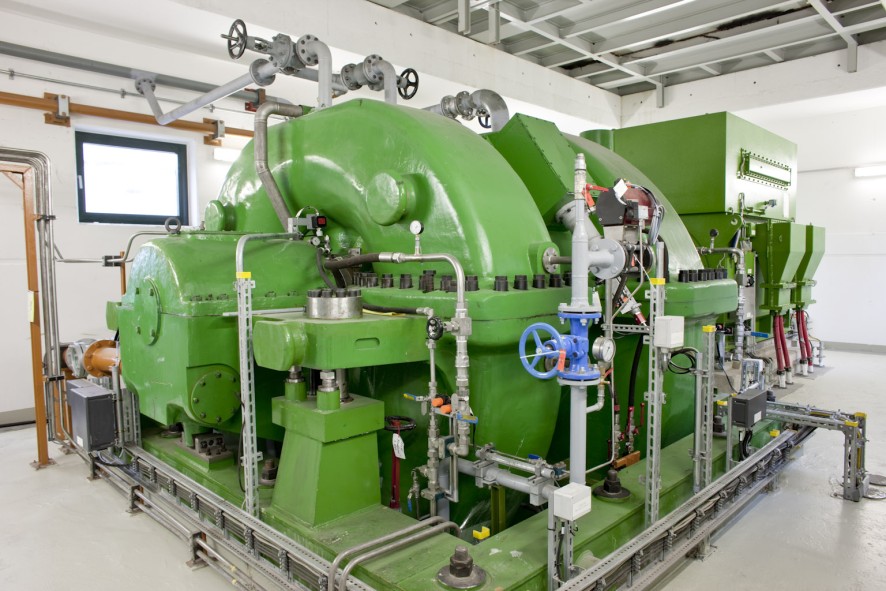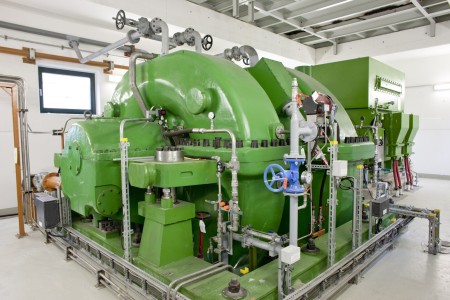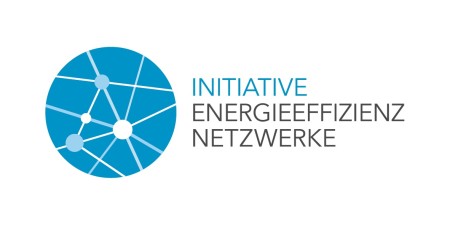Trade press, Daily press, 2015-11-12, 04:23 pm
Supporting the transition to renewables: ThyssenKrupp Steel Europe and HKM establish energy efficiency network “Steel energy+” – steel production measures already generating huge savings

Improving energy efficiency is one of the key aims of the transition to renewables. To achieve this, the German government has launched an initiative to establish around 500 networks. German industry, e.g. in the form of the German Steel Federation (Wirtschaftsvereinigung Stahl), has committed to implement this by 2020. ThyssenKrupp Steel Europe has now set up its own network “Steel energy+” and joined the initiative. In addition to the sites of ThyssenKrupp Steel Europe AG, the network also includes subsidiaries ThyssenKrupp Rasselstein, ThyssenKrupp Electrical Steel, Hoesch Hohenlimburg, the Schwelgern coke plant and HKM. The aim of the new energy efficiency network is to intensify the existing, longstanding exchange of experience and ideas to increase energy efficiency. ““Steel energy+” is our active contribution to achieving the government’s energy savings targets,” says Klaus Kurke, head of Technical Services & Energy at ThyssenKrupp Steel Europe.
ThyssenKrupp Steel Europe has already carried out a wide range of energy improvement measures to achieve savings during the energy-intensive steel production process. Examples include two special turbines at blast furnaces 2 and 8 which convert the energy contained in the blast furnace gas pressures of 1.2 and 2 bar respectively into electricity. Following design optimization of the expansion turbine at blast furnace 8 in Hamborn and an overhaul of the turbine at blast furnace 2 in Schwelgern, it is expected that roughly 30,000 and 100,000 megawatt hours respectively will be generated each year. That corresponds to the electricity consumption of around 30,000 four-person households. Even seemingly minor measures are contributing to the overall energy savings at the Duisburg works site. For example, an upgrade to the control technology for unit 3 of the Hamborn power plant has made it possible to increase the temperature of the steam discharged from the boiler by 5 degrees to 525 degrees. This enhances the efficiency of the unit, resulting in the generation of an additional 100 megawatt hours per year on average. Overall, sustainable energy savings at ThyssenKrupp Steel Europe in the last two fiscal years came to around 600 gigawatt hours, roughly the annual electricity consumption of all households in a mid-size city.
The aim of “Steel energy+” is to take this a step further. Through a further intensified exchange of experience with its subsidiaries in the Steel Europe business area and HKM, the steel producer will be able to identify and implement new energy efficiency projects. The first areas addressed by the new network will be energy savings potential in hydraulic systems and lighting.
Initiative aiming for around 500 new energy efficiency networks by 2020
At the end of 2014, the German government reached an agreement with numerous German industry associations and organizations on the introduction of energy efficiency networks. The initiative supports the transition to renewable energies and sees further improvements in energy efficiency through cost-efficient measures as an important tool in also improving the cost efficiency of the overall energy system. Energy efficiency networks – the voluntary, systematic and targeted exchange of experience among companies in a region or sector – are regarded as a suitable approach for this. The joint objective of government and industry is to initiate and establish around 500 new energy efficiency networks by the end of 2020. The German government believes this can result in savings of up to 75 petajoules of primary energy and 5 million tons of CO2. The network initiative will therefore make an important contribution to achieving Germany’s climate and energy policy goals.





